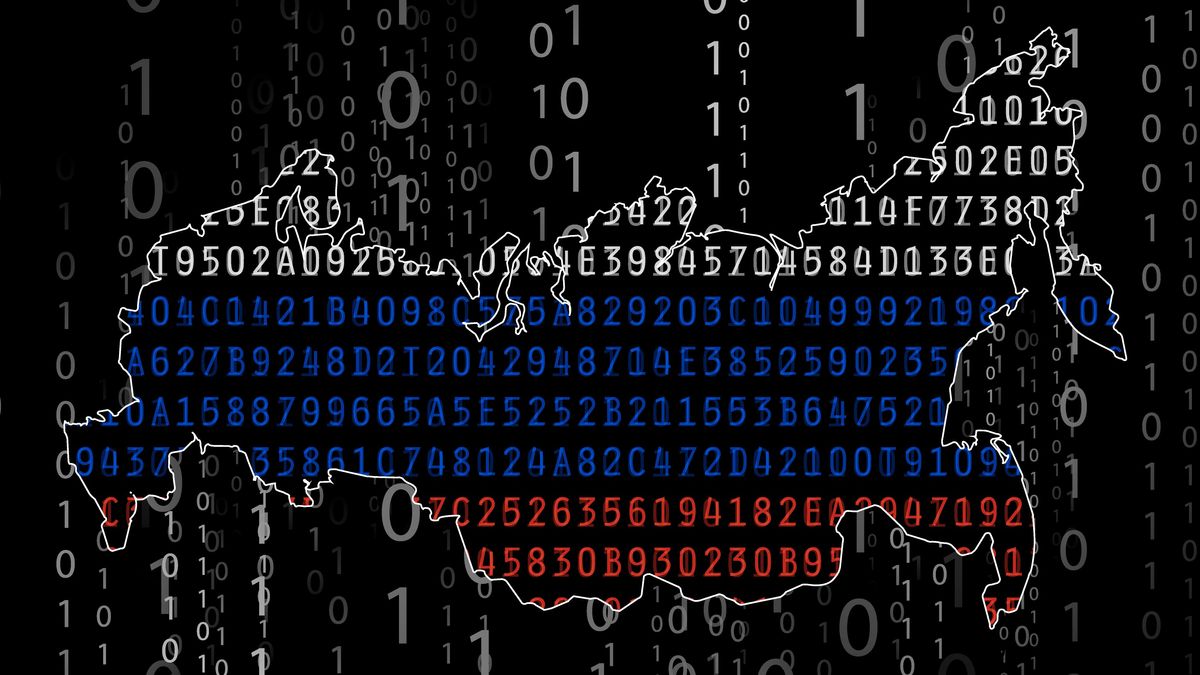New Wave of Russian Blocks Hits VPNs: Circumventing the Censorship Tightrope
Russia's ongoing efforts to control online information have intensified, with a new wave of blocks targeting Virtual Private Networks (VPNs). This escalation raises serious concerns about freedom of speech and access to uncensored information within the country. While VPNs have long been a popular method to bypass internet restrictions, the Kremlin's latest tactics are proving increasingly challenging to overcome.
The Latest Crackdown: More Than Just Blocking
This isn't simply a matter of banning specific VPN providers. The Russian authorities are employing sophisticated methods to detect and disrupt VPN connections, including:
- Deep Packet Inspection (DPI): This technology allows for the analysis of the content of network traffic, enabling the identification and blocking of VPN protocols.
- Increased Surveillance: Authorities are reportedly monitoring online activity more closely, targeting individuals suspected of using VPNs to access banned content.
- Targeted Legislation: New laws and regulations are being introduced to further restrict the use of VPNs and other tools that circumvent censorship.
- Provider Pressure: Russian authorities are putting pressure on VPN providers to block access for users within the country.
Why the Intensified Effort?
This renewed push to curb VPN usage likely stems from several factors:
- Maintaining Control of Narrative: The Russian government aims to control the information its citizens receive, limiting access to dissenting voices and alternative news sources.
- Combating Disinformation: While the stated goal often revolves around combating "foreign disinformation," critics argue this is used as a pretext to suppress dissent and limit free expression.
- National Security Concerns: The government may claim that unrestricted internet access poses a national security threat.
The Impact on Citizens:
The restrictions severely impact Russian citizens' ability to:
- Access Independent News: Many rely on VPNs to access news sources not controlled by the state.
- Communicate Freely: Encrypted VPN connections are crucial for protecting privacy and secure communication, especially for journalists and activists.
- Use Essential Online Services: Some international services are blocked within Russia, making VPNs necessary for accessing them.
Circumventing the Blocks: A Cat-and-Mouse Game
While the new wave of blocks makes accessing uncensored information more challenging, users are continuously seeking ways to circumvent them. Strategies include:
- Using Obfuscated Servers: These servers mask VPN traffic to make it harder to detect.
- Exploring Alternative Protocols: Switching to less commonly blocked VPN protocols can improve chances of success.
- Utilizing Mesh Networks: These decentralized networks offer greater resilience to censorship efforts.
- Employing Tor: While slower than VPNs, Tor's anonymity features provide another layer of protection.
The Future of Online Freedom in Russia
The ongoing battle between Russian authorities and those seeking uncensored access to information remains a significant challenge. The Kremlin's intensified efforts to block VPNs underscore the government's commitment to controlling the flow of information within its borders. The future will likely witness an ongoing arms race between censorship and circumvention technologies, with significant implications for freedom of speech and the internet's role in democratic societies.
Call to Action: Stay informed about the evolving censorship landscape in Russia and support organizations working to defend digital rights and freedom of expression. Learn more about the importance of online privacy and digital security.

